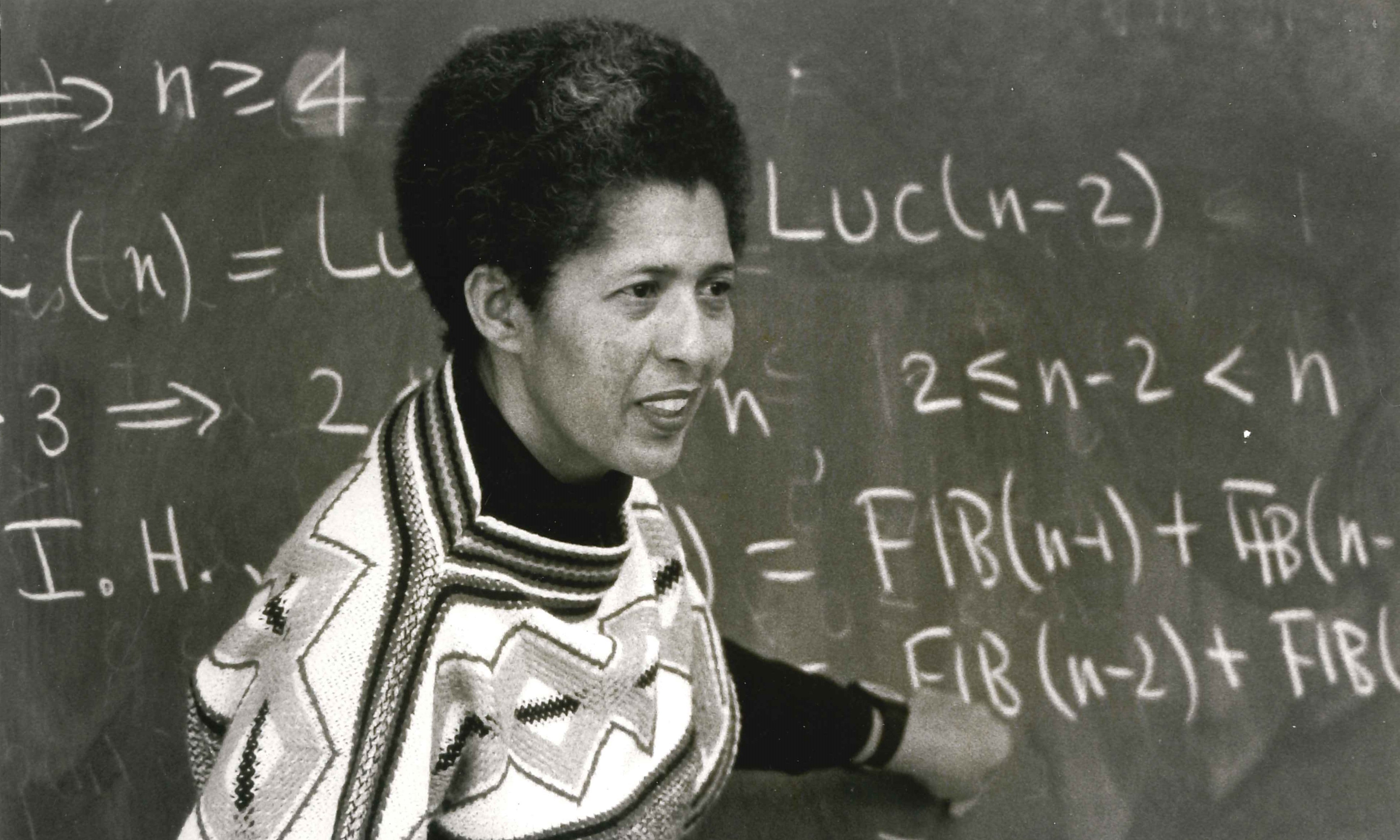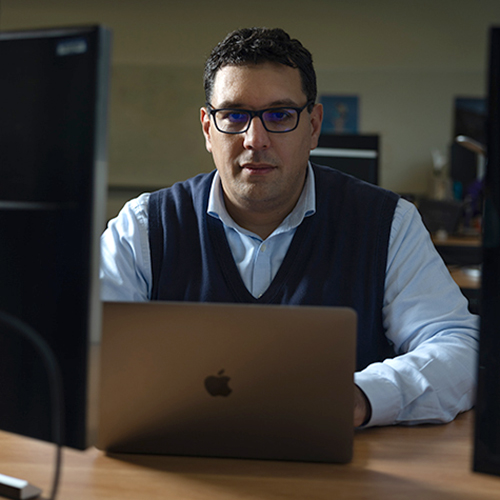When Dorothy Gilford enrolled at the UW to study mathematics in 1935, the department’s one female professor warned her that mathematics was not a promising career for women. Gilford barreled ahead anyway, and went on to become a wildly successful statistician.
Gloria Hewitt similarly defied the odds decades later, when she earned a PhD in mathematics at the UW—only the seventh African American woman at any university to earn a mathematics PhD. She became a professor and department chair at the University of Montana.
This year, UW endowments have been established in the names of both women: The Dorothy Morrow Gilford Endowed Chair of Statistics in the Department of Statistics, and the Gloria Hewitt Endowed Graduate Student Support Fund in the Department of Mathematics.

Ron Irving, until recently the chair of the Department of Mathematics, says the Hewitt Endowment almost didn’t happen. “I was unaware of Gloria,” he admits. “Then I saw her name — I can’t remember where — and eventually googled her. When I read about her career, I was surprised that her name hadn’t come up all the years I’d been in the department. It was crazy that she hadn’t been recognized.”
Irving found his initial opportunity when the department received a gift from the Washington Research Foundation (WRF), a portion of which was available for graduate students. He wanted to give the graduate student awards a name, but struggled to find something appropriate. “I wanted it to be grounded in our history,” he says. “And then it hit me — let’s name the awards after Gloria Hewitt.”
...my life in mathematics was, and still to a great extent is, shaped by opening doors. I have always taken advantage and walked in.”
After talking with Gloria about the plan, Irving felt that her recognition should live on even after those one-time funds were exhausted, so he created an endowment through a combination of funds, including seed funds from him and his wife, a portion of the WRF gift, and other funds. The endowment provides graduate student support with an emphasis on those underrepresented in mathematics. Irving looks forward to additional donor contributions that will allow the endowment to become a graduate fellowship.
For Hewitt, now an emeritus professor in Missoula, Montana, the endowment is welcome recognition of her long and successful career. Her early experiences with mathematics did not presage such an outcome. She recalls skipping her math homework in elementary school and being paddled by the teacher. “In those days, in the African American community, it was permissible to spank other people’s children,” she recalled in a profile on MathSciNet. “I never forgot that incident; I also never forgot to do my arithmetic homework after that.”

By high school Hewitt excelled in mathematics, and her first calculus course as an undergraduate at Fisk University sealed the deal. “I recall sitting on campus doing calculus problems for recreation,” she said in an Agnes Scott College interview. Though Hewitt planned to become a high school math teacher, one of her professors had other ideas and recommended her to colleagues at the UW for graduate study. Hewitt was offered a teaching assistantship and soon arrived in Seattle, where she found a welcoming community.
“Some of my fellow graduate students did all they could to help and encourage me,” she recalled. “They included me in most of their activities. I know this situation was not the norm for a lot of Blacks studying mathematics, but I was fortunate enough to be at the right place at the right time.” Hewitt was hired by the University of Montana while still completing her PhD. Her long career also included serving on the committee that writes questions for the mathematics section of the GREs, and serving as a faculty consultant for the Advanced Placement examination in calculus.
For Dorothy Gilford, it was a high school guidance counselor who suggested she study mathematics at the University after noticing her high grades in secondary school math. “It really wasn’t the best advice, considering the career opportunities at the time,” Gilford recalled in a 2007 interview in Statistical Science. “If you look a little beyond the university, the career opportunities were very, very limited.” Her female mathematics professor confirmed the dearth of opportunities, but Gilford nevertheless stayed on at the UW to do graduate work in mathematics. She then pursued a doctoral degree at Bryn Mawr, shifting her focus to statistics.

Despite never completing her dissertation, Gilford went on to a brilliant career as a statistician at national agencies, including the Civil Aeronautics Administration, the Federal Trade Commission, the Office of Naval Research, the National Center for Education Statistics, and the National Academy of Sciences. She headed departments and divisions at each agency, and chaired the Conference Board of the Mathematical Sciences. She was elected as a Fellow of the American Statistical Association and the Institute of Mathematical Statistics, and in 1965 won the Federal Women’s Award, at that time given annually to the five top women in government.
Gilford died in 2014, leaving a generous bequest to the UW Department of Statistics. With that support, the department established The Dorothy Morrow Gilford Endowed Chair of Statistics, which enhances the University’s ability to recruit and retain faculty in Mathematical Statistics and provides strategic support for women in the Department of Statistics.
Future generations will benefit from the Gilford and Hewitt endowments, but also from the legacy of these early pioneers who made their mark — brilliantly — where few women had gone before.
“In short, my life in mathematics was, and still to a great extent is, shaped by opening doors,” says Hewitt. “I have always taken advantage and walked in.”
. . .
Learn how you can contribute to the Gloria Hewitt Endowed Graduate Student Support Fund or The Dorothy Morrow Gilford Endowed Chair of Statistics.
More Stories

A Nobel, an Inventor, a Polymath & More
Recent awards and appointments celebrate Arts & Sciences faculty and staff for their research, leadership, and more.

Democracy by the Numbers
Mathematics and Democracy, an undergraduate mathematics course, explores the role of math in many aspects of democracy, from elections to proportional representation.

A Statistician Weighs in on AI
Statistics professor Zaid Harchaoui, working at the intersection of statistics and computing, explores what AI models do well, where they fall short, and why.